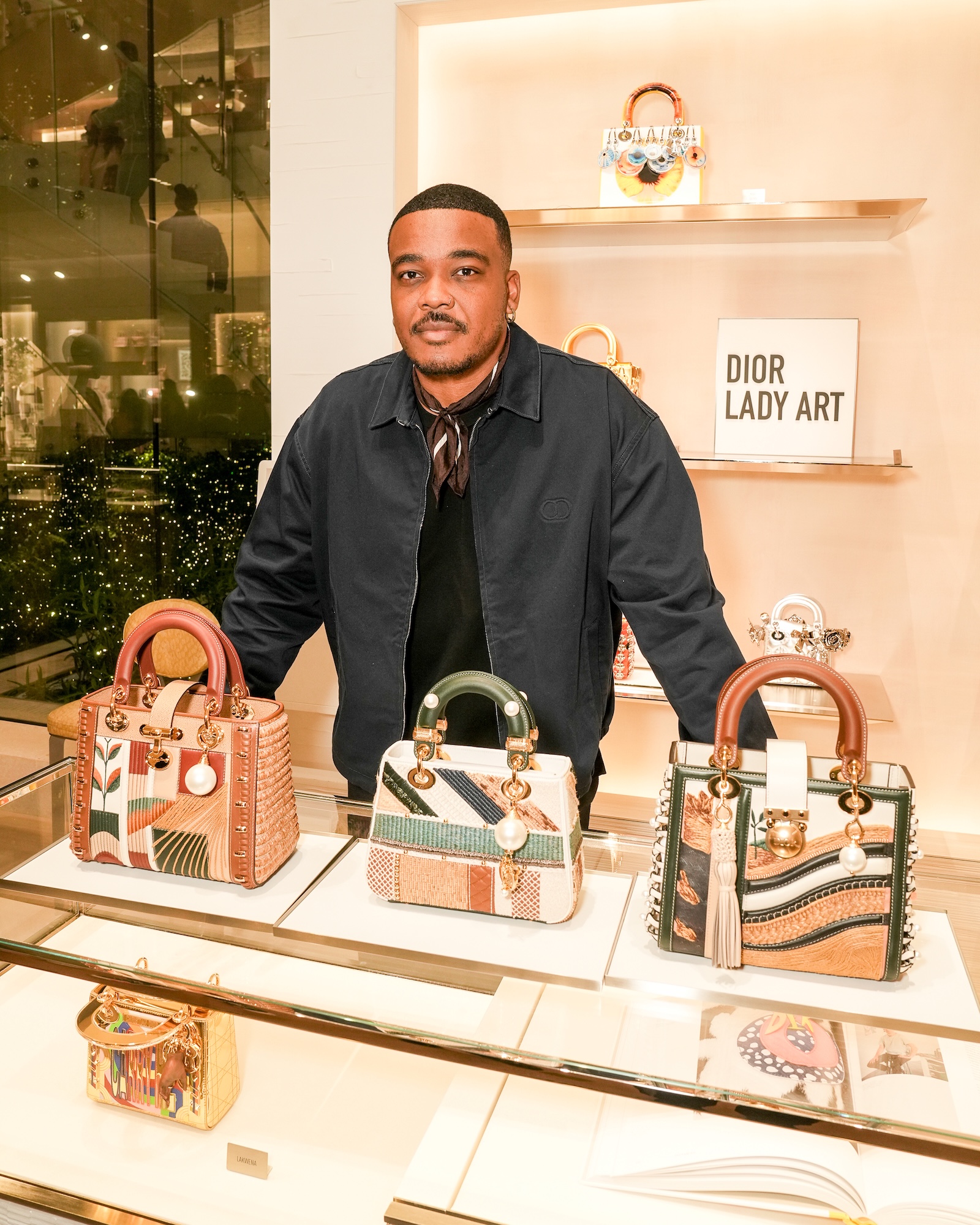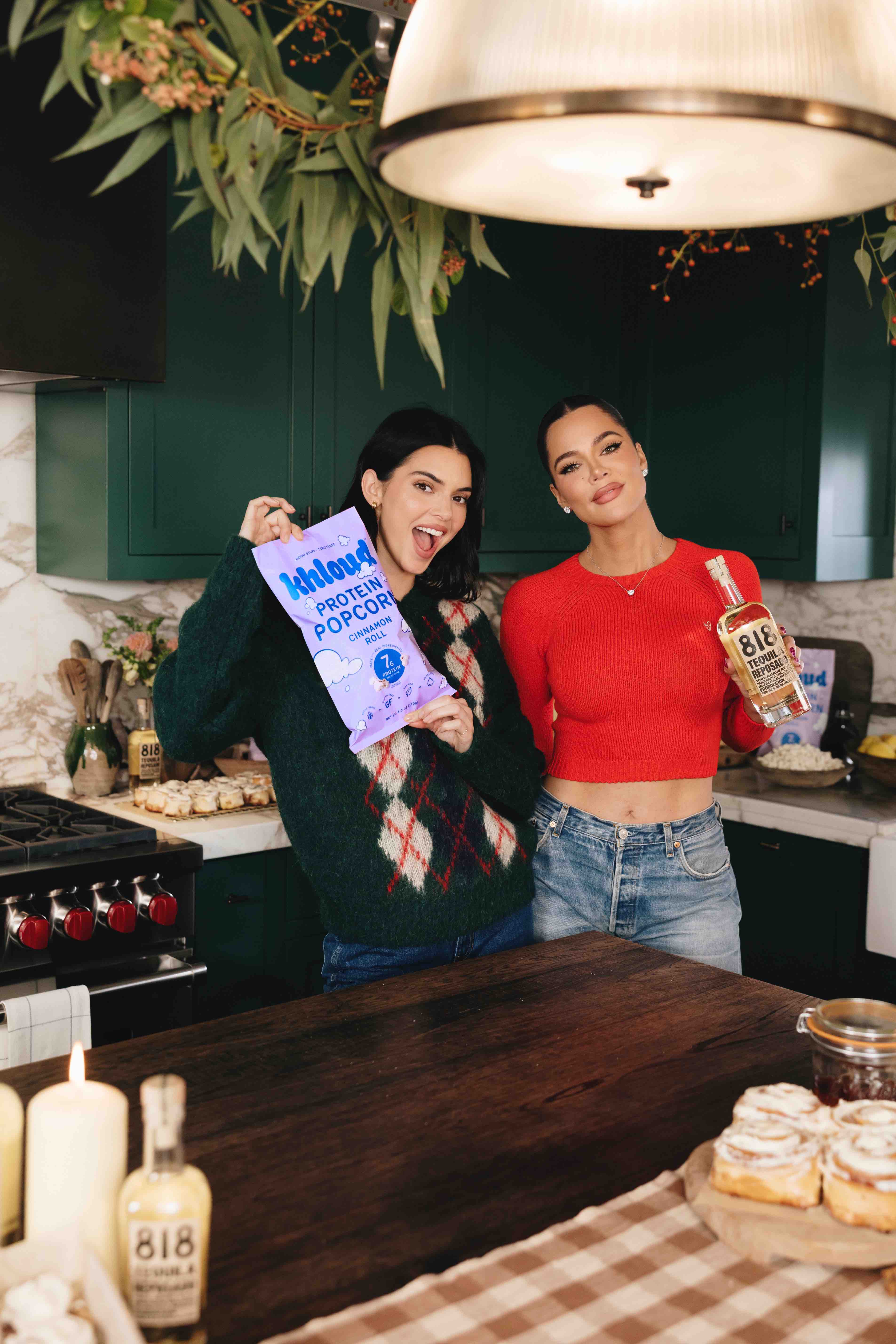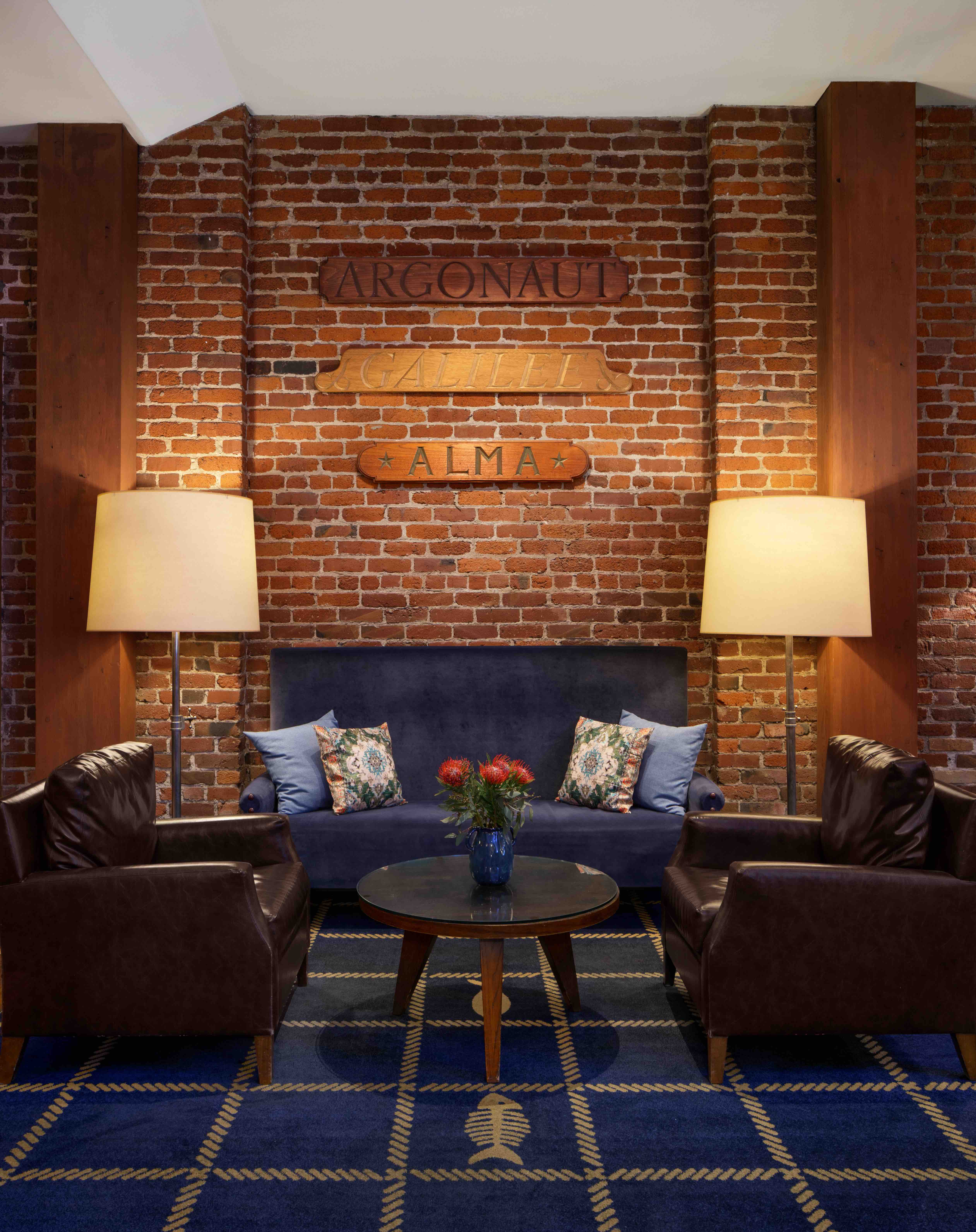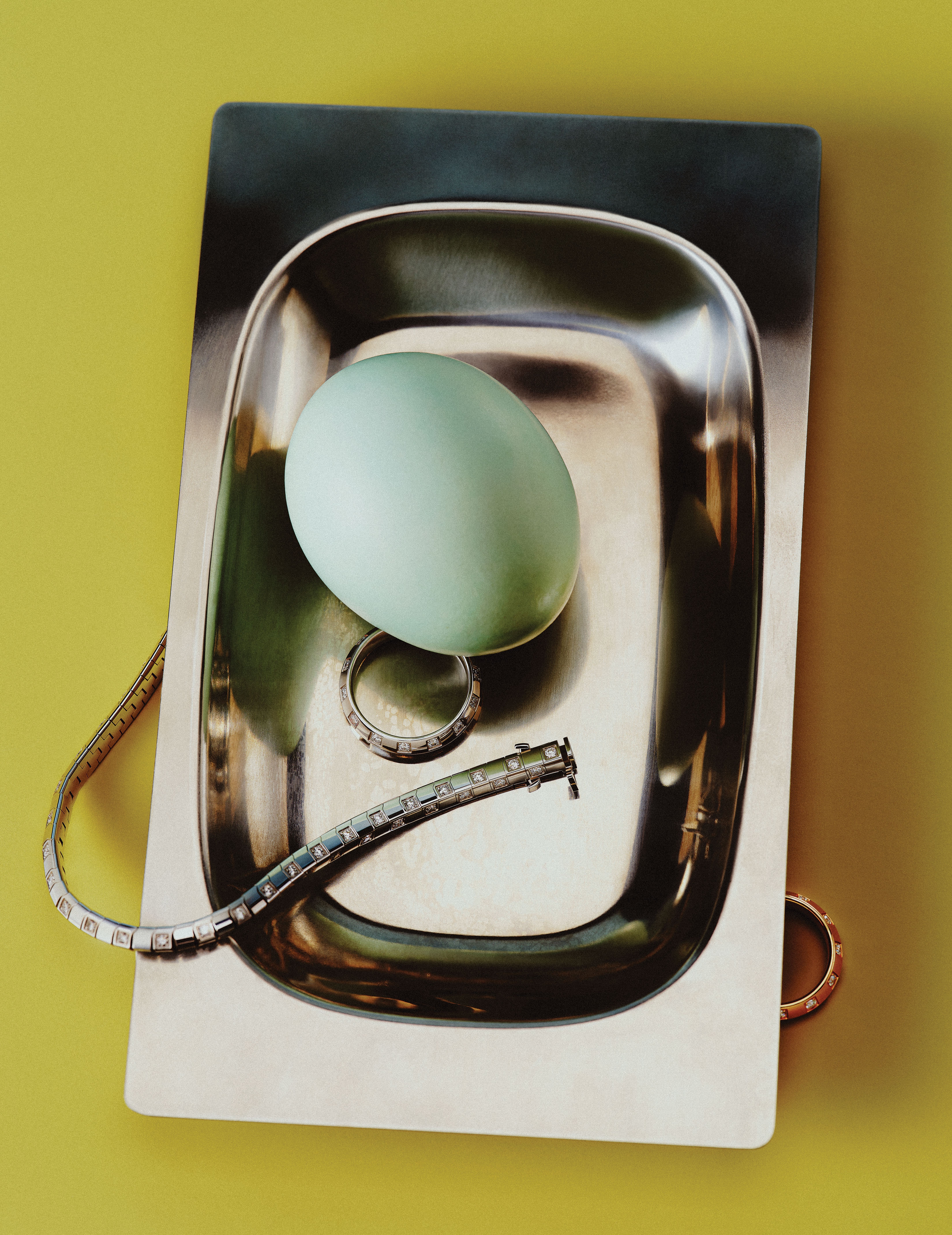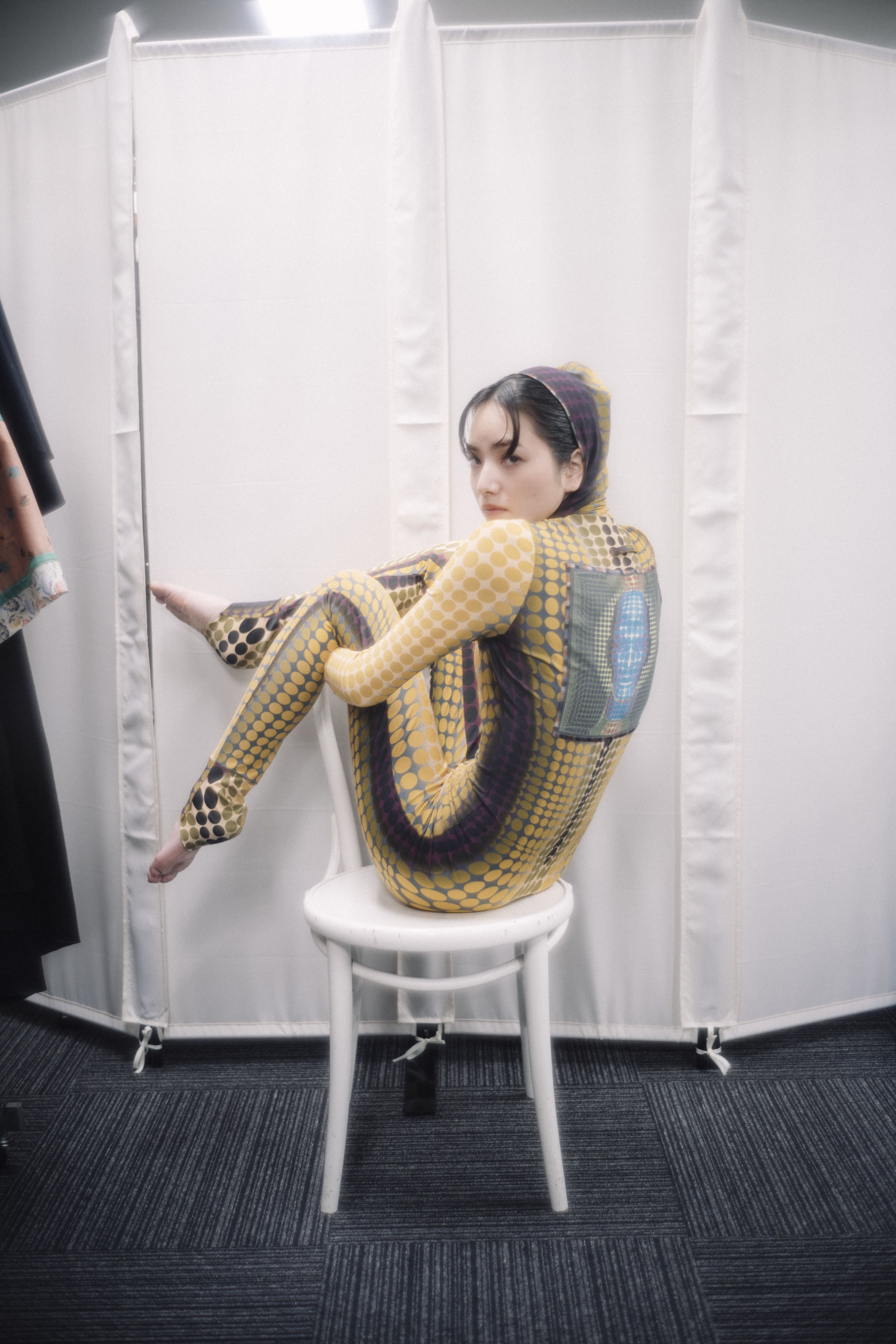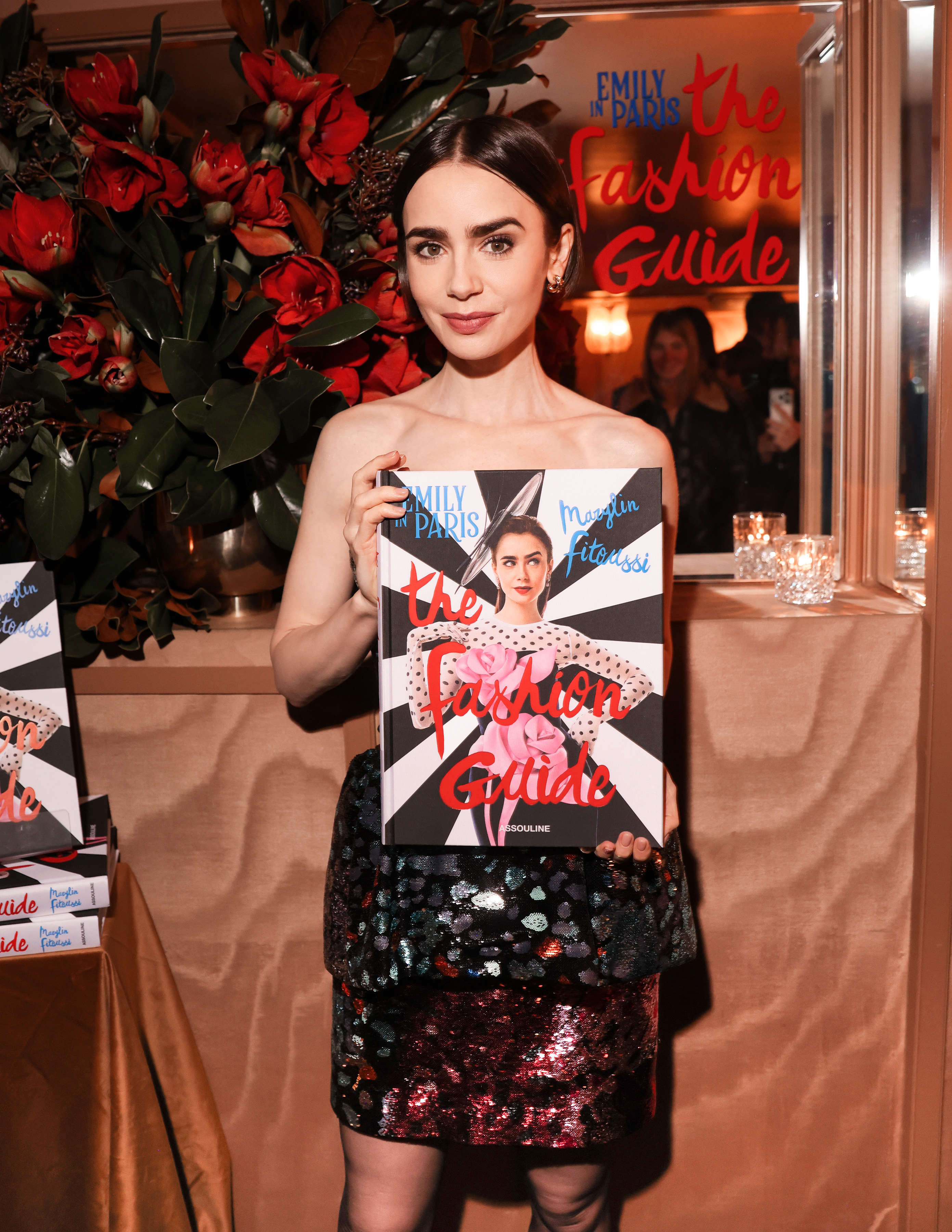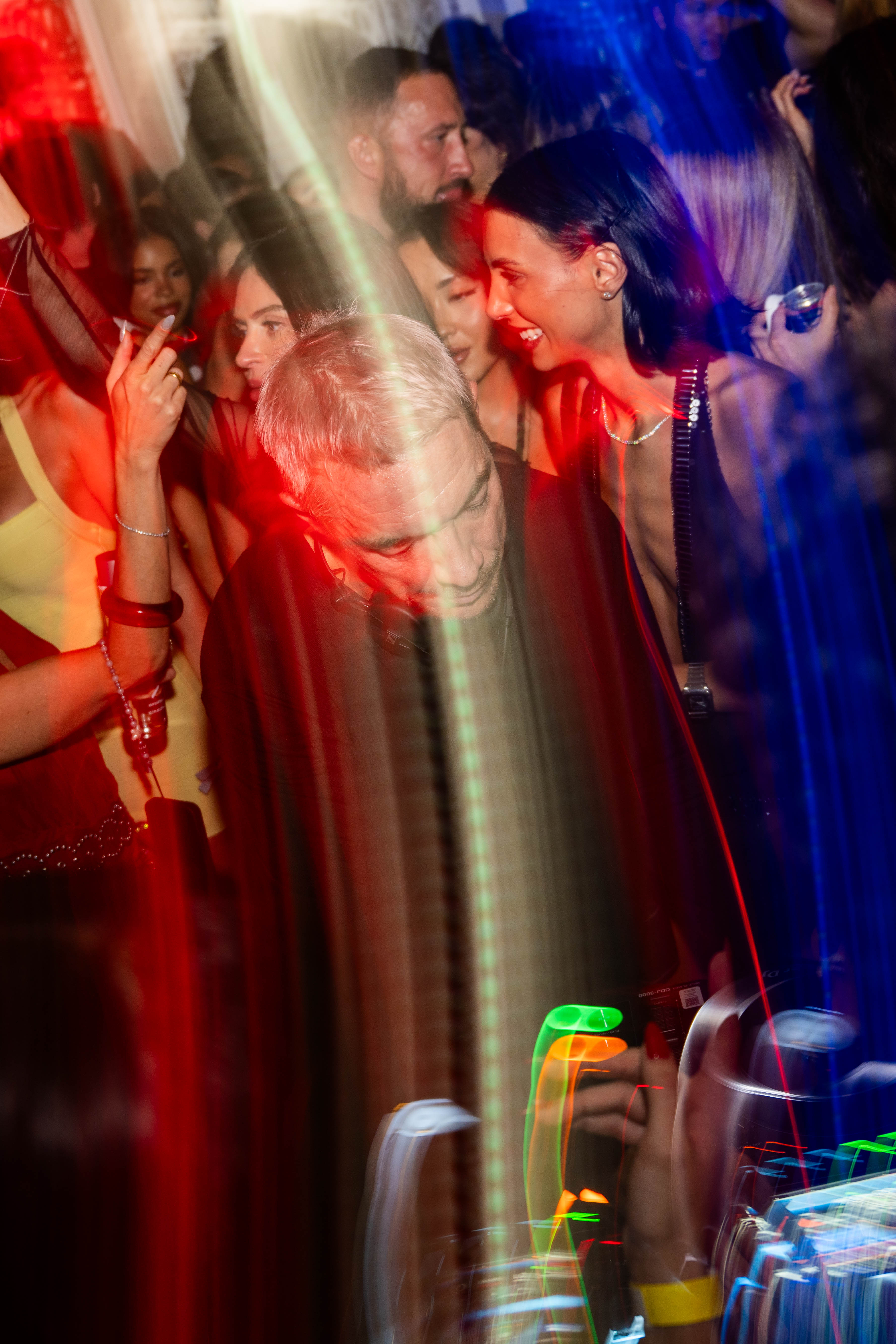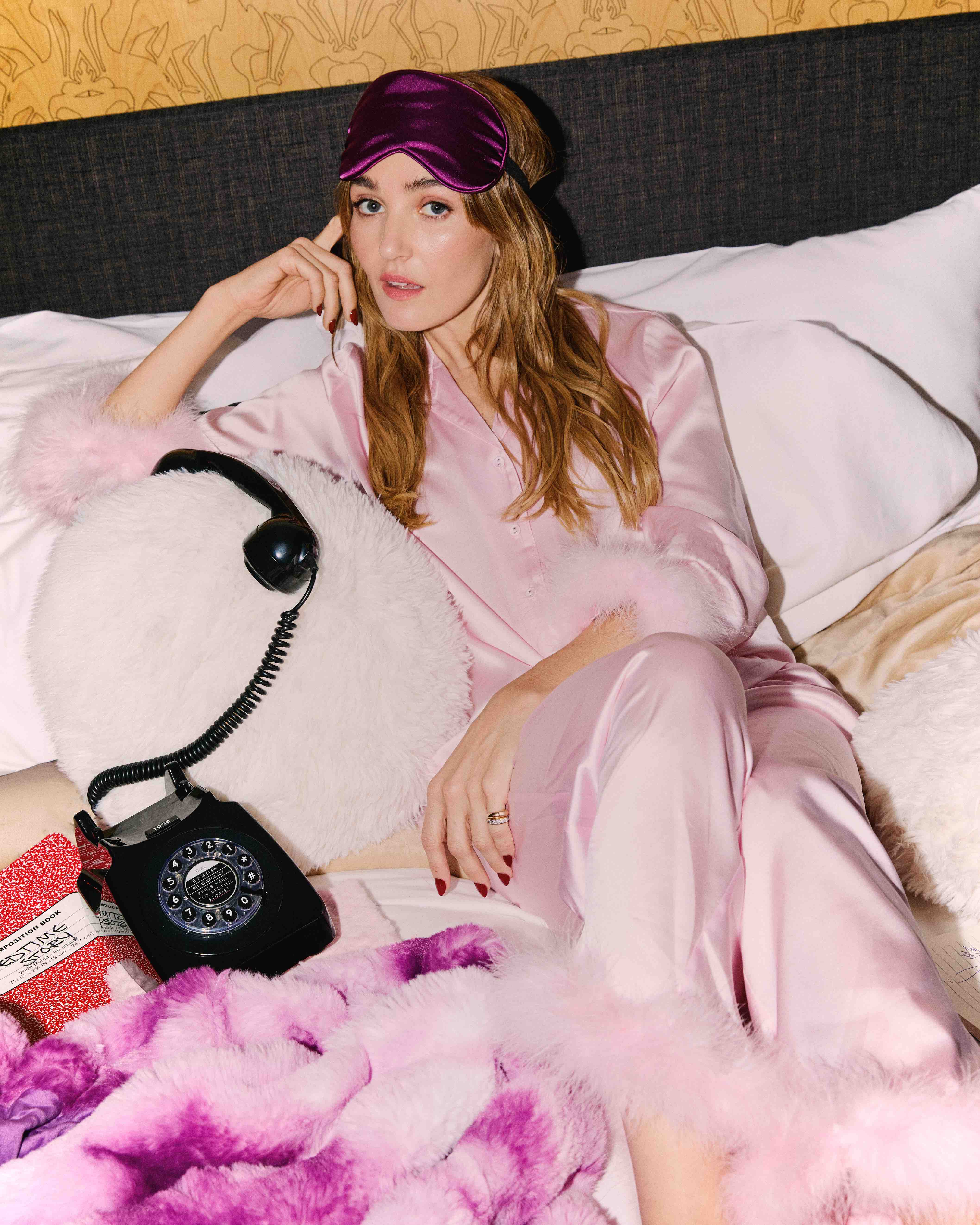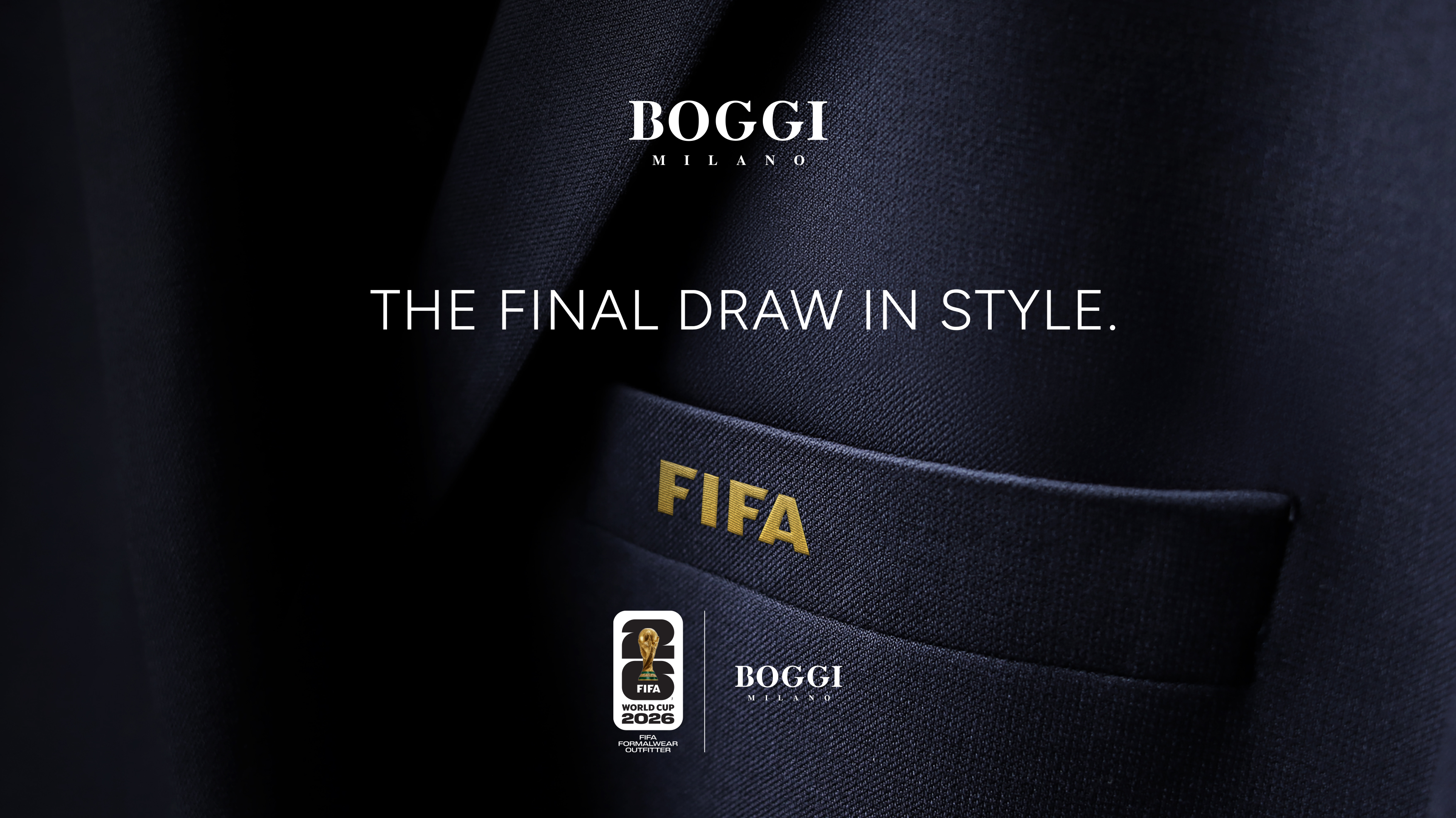Chris Cohen, the LA-based songwriter, makes music that is, at first glance, lush and mellow. However, when you listen closely, you hear all the idiosyncrasies of Cohen’s detailed songwriting; something that can only come from his skilled control in writing, playing, and producing the whole thing mostly alone. It’s a surprise that he’s constantly collaborated with so many artists that are sonically on the other end of the spectrum throughout his whole career. (Deerhoof, Ariel Pink, Natural Dreamers, Zach Phillips, etc.) On his latest self-titled album, Cohen presents the most resolute version of his work we’ve seen yet, dealing head-on with his parents’ divorce and his father’s coming out and drug addiction. I sat down with him to ask him about his past, what has shaped his music, and how he looks at his work.
**My first exposure to you was via early Deerhoof. Particularly the album _Runners Four,_ which I listened to a ton when I was younger. I remember being especially into the song, “Odyssey,” which was a nice reprieve from the rest of the more spastic, angular tracks on the record. I later came to realize must have been a Chris Cohen song, after I got to know your solo records.**
That was one of the songs that I brought in that was pretty much finished. I remember Greg had a bit of a hand in the lyrics. He changed a word in the lyrics to make it fit more with the album concept.
**What was the concept?**
The name _The Runners Four_, which I’m sure was Greg’s idea as many of these were, is this message for the future like we’re in Noah’s ark. It was like the world has ended and this is a message to the future, and we’re trying to preserve this lost culture. As an image, it doesn’t make sense, but it was something about coded messages. I’m proud of that record, but the songs I brought in I’m slightly self-conscious about. They were the first time I had really sung on a recording. I sang when I was young, and then I stopped writing songs and was only into free improvisation. I wasn’t interested in vocal music at all. So those were some of my first attempts. I wish I had kept some of that stuff under wraps until I had felt a little more accomplished. We recorded all of the vocals in like one night. When I hear it now, I just think I could have done such a better job had I given a little more time and treated vocals as something to get good at instead of thinking ‘it’s just your voice, you can do that.’
**For me, that was such a formative album, so I don’t hear anything weird about it. What was the timeline—was that the first real band you were in?**
No! That was the first band I was in that toured more than just the West Coast. The Curtains was my band before that, and John and I from Deerhoof had that band, Natural Dreamers, which wasn’t super active, but we made a record. Before the Curtains, in Santa Cruz, I was in a number of bands that were pretty casual. There was one that made a 7-inch, and it was kind of like a difficult rock, avant-rock style in the mid-’90s. In high school, I was in heavy metal cover bands, and I was in what was then called an alternative rock band, before indie rock. It was more power pop-ish. I was thirteen when I joined, and I played drums, and the others were like 18 and 19. That was really the first band I was in, but it’s always been a bunch of different bands. So Deerhoof was really the last super collaborative band I was in.


Photo Credit: Jasper McMahon
**How did you hook up with those guys?**
Well, I was a fan. I was obsessed with them like in ‘99 and 2000, I used to see them every time they played. I gave them tapes of the Curtains trying to get shows for us. We ended up getting to open for them, and we became friendly. Greg and Satomi joined the Curtains because John was gone for like three months and they were free, and John and I had Natural Dreamers, so they were like, ‘you should just join Deerhoof,’ which was kind of a dream come true.
**You once mentioned to me that you worked at Amoeba in the early 2000s. What was that like?**
I worked at Amoeba in Berkeley sometime in ‘99 until maybe 2001. People were still buying CDs, and I was collecting a ton of records. I was into a ton of free improv and soundtracks and twentieth-century classical music. I was a floor person, and it was a shit job. My third day on the job, I parked in the wrong parking space by accident, and the main owner literally called me like every curse word in the book. He used to go around handing out these popsicles on Saturdays in the summertime in his suntanned tank top. It was definitely creepy, and he came up to me and was like, ‘you don’t get a popsicle.’ I hate the people I’m helping to get rich. But it was also super cool to work there, I got to learn a lot about music. I would dream at night about like alphabetizing CDs, it was really repetitive and dehumanizing. I’m glad I did it, though. I worked at Streetlight Records in Santa Cruz, also. That was smaller, which was really great for collecting. Both of those places, I treated them as my chance to learn about all of this shit I couldn’t learn about otherwise.
**What was it like touring with Deerhoof?**
It was amazing to join a band that people already loved. At that time, it felt like we were in a band that was blowing up. I’ve never had that experience before and I’ve never had that experience since. It was pre-cellphones for us, and pre-GPS and all that, so it was a very old fashioned way of touring. I was in my late twenties and I’d never done that before, so I was super excited about it. I didn’t even notice that we were in really horrible conditions that were taking their toll on us for years. We did a drive once from Washington, D.C. straight to Austin with no stopping. We just took turns driving and sleeping in the car in the middle of the summer in a van that was about to overheat. We pulled up and we almost missed our show, we unloaded, played for ten minutes, and that was it. I didn’t even question it at the time. I think they’ve become a lot more humane to themselves. I love Greg, and I think he instilled a great work ethic in me that I’m thankful for, but I also had to unlearn some of my bad habits from those years in terms of pushing yourself in a way that doesn’t necessarily make great art. It has also served me well in other ways, so it was kind of a schooling type of experience. As soon as Greg became involved it was this hard push that was kind of foreign to me at first. My relationship with him was very much a mentorship sort of thing.
**As a listener, it’s kind of crazy to hear your solo music compared to a lot of the earlier collaborations you did. What was that collaboration process like for you with Deerhoof and the Curtains?**
My music is obviously what I do without any outside input. When I’m collaborating with other people, I tend to let the other person make the first move. A lot of it is about kind of trying to work with what’s there already and think how can I make this better. John likes pretty biting guitar and his background is in post-rock guitar music, and I like that too, but it isn’t necessarily what I do. The Curtains was kind of like that, but way more my pace and energy level.
**Does the process of writing and creating something that comes naturally to you? Or do you need more structure and discipline?**
Kind of both. What I try to do is be disciplined about carving out time, and then within that time, I let my natural pace dictate things. I haven’t had much success in forcing myself to do things. In the right circumstances, something will come out of it, but there’s no guarantee. When I was a kid, it was all clear and I had all of this space to explore, which is my ideal circumstance. So I’m trying to get back to that in my adult life. A lot of times, bad day jobs have helped get that creative spark going too. The things that keep me from being creative is all of that logistical stuff, like moving. Touring, I find the same thing, I’m not the type of person that writes a lot on tour. I need to be home and have this very stable and quiet environment to get any work done.
**Do you like talking about your work and do you feel like there’s something people miss or get wrong about it in other interviews?**
I’m flattered to be asked about it. I think about it all the time. When you go into an interview and can tell this person doesn’t really care, you feel like it’s a fake conversation. I’m really interested in creative processes in general and how other people work, how they think about what they’re doing. I think that there’s something in my music that people misinterpret as like contentment or being chill, I mean, I know that my music is slower tempos, softer dynamics, but I actually don’t feel chill at all as a person and I don’t think my music is chill, it just doesn’t compete with a lot of other music in terms of the ways that people think about tension. I try to build tension in a different way. I’ve always felt like I wish people could hear the feeling that I have about it more. I don’t mind music being background in some ways, but I don’t think of my music that way and I would rather it not be. I fear that my music is being used as music in the background at a store or restaurant, which I know it has, because people have told me ‘Hey your song is on at Urban Outfitters,’ or something and that makes me sad to hear, but I guess it works that way. It might be something that I’m not succeeding at as a musician that makes people think that I think the world is fine and we should just feel good. That’s like the last thing that I want people to get from my music, but somehow people are getting that. I would like to state clearly for the record that we’re doomed and our world is 99% fucked.
**There’s something about you where you’ve always been a little under the radar. I wonder how much of that is a choice.**
It’s probably for the best, but it’s not a decision at all. I’m definitely not an extrovert. I don’t talk a lot on stage. It’s something I’d really like to change about myself, actually, but I’m not particularly comfortable talking in front of groups of people or like knowing that I’m not someone whose begging for attention even though I am in a way. I want people to listen to my music and to be interested in it and I’m flattered if people are talking about it. My theory, which is pretty dumb psychology 101-type stuff, is related to my family dynamic. I just learned, since I’m not a super verbal person. My dad is constantly talking and the center of attention, and I learned that I really hated that. I just differentiate myself by being the opposite. I think I’m more upfront with people now than I used to be. I used to write songs in such a way that no one even knew what they were about, and when people would try to ask me about them, I would deflect. I don’t really do that anymore.


Photo Credit: Jasper McMahon
**Your father worked for A&M Records in the ‘70s. How do you think that shaped your view of the music industry? Was that cool for you or something to rebel against?**
It didn’t seem cool. I thought my dad was kind of a jerk. He represented what I didn’t want to do. It was definitely something to rebel against. He was an A&R person and he was supposedly thinking of signing DEVO before they were signed to Warner Brothers. He saw their film in this film festival in the ‘70s, and they wanted to sign a New Wave band. He brought them out to LA and he listened to their music more, and ended up not signing them because he didn’t think they were pop enough, so he didn’t sign them. I remember when “Whip it” came out, and I was like ‘Oh my god I love this band’ and he told me ‘Oh yeah, I almost signed them.’ Then when I learned why he didn’t want to sign them, I became even more obsessed with them, and obsessed with figuring out what it was that he didn’t like about them. The thing that was cool about it was getting to see recording studios and seeing how it worked. I was fascinated by it. He would take me to the lot and I could go in there and see a drum set and a mixing board. I was already really into music, so being able to see all that was really rad and made me want to do it. Also, music was also the reason why he was never around and the music that he liked I thought was really bad. He had an amazing record collection of promos that I don’t think he ever listened to that was like a library that I drew from. I could pull out _Trout Mask Replica_! He ended up selling them all at a yard sale, for like, nothing.
**You’ve said that this album lyrically deals with your family and your father’s drug addiction and hidden sexuality. Did you find that to be a cathartic exercise? Was this album more a message to him, or more of a way for you to archive it and put it away?**
It wasn’t cathartic because I don’t think about it as being strictly about my family. I was trying to discover why I make music, or just a self-analysis. I also have been writing songs like that for a long time. The thing that happened between the second and third record was that I stopped talking to my dad. I just decided that I don’t care anymore about trying not to out him. He was basically in the closet, but out to my mom and had his separate life, but I don’t really know how he identifies, and it felt like something that I couldn’t talk about explicitly, but I was also still thinking about him and writing songs about him and trying to understand myself. I realized it’s pretty fucked up that I had to basically lie for him, and I decided I wasn’t going to dress it up at all, but the other records, there’s songs in there about all that.
**Your music demonstrates a mastery of leaving space, especially a song like “Edit Out.” Do you have to subtract elements a lot? How do you know when to stop?**
Yeah, I think about that a lot. I really hate when there’s something that’s not doing much, but you get attached to it. Basically, in my mind, I need to feel like everything has to be there. I like to feel this inevitability about it. I don’t like having too many loose ends. It can be hard for me sometimes working on other people’s music when they have things there that I don’t think are crucial. I usually try to talk them into getting rid of it. I try to get them to consolidate conceptually. Everything that’s there should be heard and appreciated. Another great arranger to me is James Brown. Every part that’s there has a clear function. You could just listen to it on its own, but if you took it away everything might fall apart.
**What was it like leaving L.A. and living in Bennington, Vermont when you were working on _Overgrown Path_?**
It was a really extreme change. It was really nice at first. It was too hard to make a living and too lonely, and the winters were a bit too long for me, but it was good for me to get out of LA. I worked on a farm for two seasons and then just worked on music in the winter. It was hard. I got into mushroom hunting. I kind of lost interest living in LA. But here I am. I guess music was more important than mushroom hunting. The other thing that was amazing about living in Bennington is that Milford Graves was still teaching at the college, and I got to spend a little bit of time with him. That was really inspiring and educational. He was really generous with his time. He gave me good advice. He really could have had a career just as a drummer, but he’s done so many different things with his life. I felt kinda torn between music or going back to school to study plant science or something. He told me that you don’t have to choose. All the different things you do are all you.
 
Photo Credit: Jasper McMahon
**How did you hook up with those guys?**
Well, I was a fan. I was obsessed with them like in ‘99 and 2000, I used to see them every time they played. I gave them tapes of the Curtains trying to get shows for us. We ended up getting to open for them, and we became friendly. Greg and Satomi joined the Curtains because John was gone for like three months and they were free, and John and I had Natural Dreamers, so they were like, ‘you should just join Deerhoof,’ which was kind of a dream come true.
**You once mentioned to me that you worked at Amoeba in the early 2000s. What was that like?**
I worked at Amoeba in Berkeley sometime in ‘99 until maybe 2001. People were still buying CDs, and I was collecting a ton of records. I was into a ton of free improv and soundtracks and twentieth-century classical music. I was a floor person, and it was a shit job. My third day on the job, I parked in the wrong parking space by accident, and the main owner literally called me like every curse word in the book. He used to go around handing out these popsicles on Saturdays in the summertime in his suntanned tank top. It was definitely creepy, and he came up to me and was like, ‘you don’t get a popsicle.’ I hate the people I’m helping to get rich. But it was also super cool to work there, I got to learn a lot about music. I would dream at night about like alphabetizing CDs, it was really repetitive and dehumanizing. I’m glad I did it, though. I worked at Streetlight Records in Santa Cruz, also. That was smaller, which was really great for collecting. Both of those places, I treated them as my chance to learn about all of this shit I couldn’t learn about otherwise.
**What was it like touring with Deerhoof?**
It was amazing to join a band that people already loved. At that time, it felt like we were in a band that was blowing up. I’ve never had that experience before and I’ve never had that experience since. It was pre-cellphones for us, and pre-GPS and all that, so it was a very old fashioned way of touring. I was in my late twenties and I’d never done that before, so I was super excited about it. I didn’t even notice that we were in really horrible conditions that were taking their toll on us for years. We did a drive once from Washington, D.C. straight to Austin with no stopping. We just took turns driving and sleeping in the car in the middle of the summer in a van that was about to overheat. We pulled up and we almost missed our show, we unloaded, played for ten minutes, and that was it. I didn’t even question it at the time. I think they’ve become a lot more humane to themselves. I love Greg, and I think he instilled a great work ethic in me that I’m thankful for, but I also had to unlearn some of my bad habits from those years in terms of pushing yourself in a way that doesn’t necessarily make great art. It has also served me well in other ways, so it was kind of a schooling type of experience. As soon as Greg became involved it was this hard push that was kind of foreign to me at first. My relationship with him was very much a mentorship sort of thing.
**As a listener, it’s kind of crazy to hear your solo music compared to a lot of the earlier collaborations you did. What was that collaboration process like for you with Deerhoof and the Curtains?**
My music is obviously what I do without any outside input. When I’m collaborating with other people, I tend to let the other person make the first move. A lot of it is about kind of trying to work with what’s there already and think how can I make this better. John likes pretty biting guitar and his background is in post-rock guitar music, and I like that too, but it isn’t necessarily what I do. The Curtains was kind of like that, but way more my pace and energy level.
**Does the process of writing and creating something that comes naturally to you? Or do you need more structure and discipline?**
Kind of both. What I try to do is be disciplined about carving out time, and then within that time, I let my natural pace dictate things. I haven’t had much success in forcing myself to do things. In the right circumstances, something will come out of it, but there’s no guarantee. When I was a kid, it was all clear and I had all of this space to explore, which is my ideal circumstance. So I’m trying to get back to that in my adult life. A lot of times, bad day jobs have helped get that creative spark going too. The things that keep me from being creative is all of that logistical stuff, like moving. Touring, I find the same thing, I’m not the type of person that writes a lot on tour. I need to be home and have this very stable and quiet environment to get any work done.
**Do you like talking about your work and do you feel like there’s something people miss or get wrong about it in other interviews?**
I’m flattered to be asked about it. I think about it all the time. When you go into an interview and can tell this person doesn’t really care, you feel like it’s a fake conversation. I’m really interested in creative processes in general and how other people work, how they think about what they’re doing. I think that there’s something in my music that people misinterpret as like contentment or being chill, I mean, I know that my music is slower tempos, softer dynamics, but I actually don’t feel chill at all as a person and I don’t think my music is chill, it just doesn’t compete with a lot of other music in terms of the ways that people think about tension. I try to build tension in a different way. I’ve always felt like I wish people could hear the feeling that I have about it more. I don’t mind music being background in some ways, but I don’t think of my music that way and I would rather it not be. I fear that my music is being used as music in the background at a store or restaurant, which I know it has, because people have told me ‘Hey your song is on at Urban Outfitters,’ or something and that makes me sad to hear, but I guess it works that way. It might be something that I’m not succeeding at as a musician that makes people think that I think the world is fine and we should just feel good. That’s like the last thing that I want people to get from my music, but somehow people are getting that. I would like to state clearly for the record that we’re doomed and our world is 99% fucked.
**There’s something about you where you’ve always been a little under the radar. I wonder how much of that is a choice.**
It’s probably for the best, but it’s not a decision at all. I’m definitely not an extrovert. I don’t talk a lot on stage. It’s something I’d really like to change about myself, actually, but I’m not particularly comfortable talking in front of groups of people or like knowing that I’m not someone whose begging for attention even though I am in a way. I want people to listen to my music and to be interested in it and I’m flattered if people are talking about it. My theory, which is pretty dumb psychology 101-type stuff, is related to my family dynamic. I just learned, since I’m not a super verbal person. My dad is constantly talking and the center of attention, and I learned that I really hated that. I just differentiate myself by being the opposite. I think I’m more upfront with people now than I used to be. I used to write songs in such a way that no one even knew what they were about, and when people would try to ask me about them, I would deflect. I don’t really do that anymore.

Photo Credit: Jasper McMahon
**How did you hook up with those guys?**
Well, I was a fan. I was obsessed with them like in ‘99 and 2000, I used to see them every time they played. I gave them tapes of the Curtains trying to get shows for us. We ended up getting to open for them, and we became friendly. Greg and Satomi joined the Curtains because John was gone for like three months and they were free, and John and I had Natural Dreamers, so they were like, ‘you should just join Deerhoof,’ which was kind of a dream come true.
**You once mentioned to me that you worked at Amoeba in the early 2000s. What was that like?**
I worked at Amoeba in Berkeley sometime in ‘99 until maybe 2001. People were still buying CDs, and I was collecting a ton of records. I was into a ton of free improv and soundtracks and twentieth-century classical music. I was a floor person, and it was a shit job. My third day on the job, I parked in the wrong parking space by accident, and the main owner literally called me like every curse word in the book. He used to go around handing out these popsicles on Saturdays in the summertime in his suntanned tank top. It was definitely creepy, and he came up to me and was like, ‘you don’t get a popsicle.’ I hate the people I’m helping to get rich. But it was also super cool to work there, I got to learn a lot about music. I would dream at night about like alphabetizing CDs, it was really repetitive and dehumanizing. I’m glad I did it, though. I worked at Streetlight Records in Santa Cruz, also. That was smaller, which was really great for collecting. Both of those places, I treated them as my chance to learn about all of this shit I couldn’t learn about otherwise.
**What was it like touring with Deerhoof?**
It was amazing to join a band that people already loved. At that time, it felt like we were in a band that was blowing up. I’ve never had that experience before and I’ve never had that experience since. It was pre-cellphones for us, and pre-GPS and all that, so it was a very old fashioned way of touring. I was in my late twenties and I’d never done that before, so I was super excited about it. I didn’t even notice that we were in really horrible conditions that were taking their toll on us for years. We did a drive once from Washington, D.C. straight to Austin with no stopping. We just took turns driving and sleeping in the car in the middle of the summer in a van that was about to overheat. We pulled up and we almost missed our show, we unloaded, played for ten minutes, and that was it. I didn’t even question it at the time. I think they’ve become a lot more humane to themselves. I love Greg, and I think he instilled a great work ethic in me that I’m thankful for, but I also had to unlearn some of my bad habits from those years in terms of pushing yourself in a way that doesn’t necessarily make great art. It has also served me well in other ways, so it was kind of a schooling type of experience. As soon as Greg became involved it was this hard push that was kind of foreign to me at first. My relationship with him was very much a mentorship sort of thing.
**As a listener, it’s kind of crazy to hear your solo music compared to a lot of the earlier collaborations you did. What was that collaboration process like for you with Deerhoof and the Curtains?**
My music is obviously what I do without any outside input. When I’m collaborating with other people, I tend to let the other person make the first move. A lot of it is about kind of trying to work with what’s there already and think how can I make this better. John likes pretty biting guitar and his background is in post-rock guitar music, and I like that too, but it isn’t necessarily what I do. The Curtains was kind of like that, but way more my pace and energy level.
**Does the process of writing and creating something that comes naturally to you? Or do you need more structure and discipline?**
Kind of both. What I try to do is be disciplined about carving out time, and then within that time, I let my natural pace dictate things. I haven’t had much success in forcing myself to do things. In the right circumstances, something will come out of it, but there’s no guarantee. When I was a kid, it was all clear and I had all of this space to explore, which is my ideal circumstance. So I’m trying to get back to that in my adult life. A lot of times, bad day jobs have helped get that creative spark going too. The things that keep me from being creative is all of that logistical stuff, like moving. Touring, I find the same thing, I’m not the type of person that writes a lot on tour. I need to be home and have this very stable and quiet environment to get any work done.
**Do you like talking about your work and do you feel like there’s something people miss or get wrong about it in other interviews?**
I’m flattered to be asked about it. I think about it all the time. When you go into an interview and can tell this person doesn’t really care, you feel like it’s a fake conversation. I’m really interested in creative processes in general and how other people work, how they think about what they’re doing. I think that there’s something in my music that people misinterpret as like contentment or being chill, I mean, I know that my music is slower tempos, softer dynamics, but I actually don’t feel chill at all as a person and I don’t think my music is chill, it just doesn’t compete with a lot of other music in terms of the ways that people think about tension. I try to build tension in a different way. I’ve always felt like I wish people could hear the feeling that I have about it more. I don’t mind music being background in some ways, but I don’t think of my music that way and I would rather it not be. I fear that my music is being used as music in the background at a store or restaurant, which I know it has, because people have told me ‘Hey your song is on at Urban Outfitters,’ or something and that makes me sad to hear, but I guess it works that way. It might be something that I’m not succeeding at as a musician that makes people think that I think the world is fine and we should just feel good. That’s like the last thing that I want people to get from my music, but somehow people are getting that. I would like to state clearly for the record that we’re doomed and our world is 99% fucked.
**There’s something about you where you’ve always been a little under the radar. I wonder how much of that is a choice.**
It’s probably for the best, but it’s not a decision at all. I’m definitely not an extrovert. I don’t talk a lot on stage. It’s something I’d really like to change about myself, actually, but I’m not particularly comfortable talking in front of groups of people or like knowing that I’m not someone whose begging for attention even though I am in a way. I want people to listen to my music and to be interested in it and I’m flattered if people are talking about it. My theory, which is pretty dumb psychology 101-type stuff, is related to my family dynamic. I just learned, since I’m not a super verbal person. My dad is constantly talking and the center of attention, and I learned that I really hated that. I just differentiate myself by being the opposite. I think I’m more upfront with people now than I used to be. I used to write songs in such a way that no one even knew what they were about, and when people would try to ask me about them, I would deflect. I don’t really do that anymore.
 
Photo Credit: Jasper McMahon
**Your father worked for A&M Records in the ‘70s. How do you think that shaped your view of the music industry? Was that cool for you or something to rebel against?**
It didn’t seem cool. I thought my dad was kind of a jerk. He represented what I didn’t want to do. It was definitely something to rebel against. He was an A&R person and he was supposedly thinking of signing DEVO before they were signed to Warner Brothers. He saw their film in this film festival in the ‘70s, and they wanted to sign a New Wave band. He brought them out to LA and he listened to their music more, and ended up not signing them because he didn’t think they were pop enough, so he didn’t sign them. I remember when “Whip it” came out, and I was like ‘Oh my god I love this band’ and he told me ‘Oh yeah, I almost signed them.’ Then when I learned why he didn’t want to sign them, I became even more obsessed with them, and obsessed with figuring out what it was that he didn’t like about them. The thing that was cool about it was getting to see recording studios and seeing how it worked. I was fascinated by it. He would take me to the lot and I could go in there and see a drum set and a mixing board. I was already really into music, so being able to see all that was really rad and made me want to do it. Also, music was also the reason why he was never around and the music that he liked I thought was really bad. He had an amazing record collection of promos that I don’t think he ever listened to that was like a library that I drew from. I could pull out _Trout Mask Replica_! He ended up selling them all at a yard sale, for like, nothing.
**You’ve said that this album lyrically deals with your family and your father’s drug addiction and hidden sexuality. Did you find that to be a cathartic exercise? Was this album more a message to him, or more of a way for you to archive it and put it away?**
It wasn’t cathartic because I don’t think about it as being strictly about my family. I was trying to discover why I make music, or just a self-analysis. I also have been writing songs like that for a long time. The thing that happened between the second and third record was that I stopped talking to my dad. I just decided that I don’t care anymore about trying not to out him. He was basically in the closet, but out to my mom and had his separate life, but I don’t really know how he identifies, and it felt like something that I couldn’t talk about explicitly, but I was also still thinking about him and writing songs about him and trying to understand myself. I realized it’s pretty fucked up that I had to basically lie for him, and I decided I wasn’t going to dress it up at all, but the other records, there’s songs in there about all that.
**Your music demonstrates a mastery of leaving space, especially a song like “Edit Out.” Do you have to subtract elements a lot? How do you know when to stop?**
Yeah, I think about that a lot. I really hate when there’s something that’s not doing much, but you get attached to it. Basically, in my mind, I need to feel like everything has to be there. I like to feel this inevitability about it. I don’t like having too many loose ends. It can be hard for me sometimes working on other people’s music when they have things there that I don’t think are crucial. I usually try to talk them into getting rid of it. I try to get them to consolidate conceptually. Everything that’s there should be heard and appreciated. Another great arranger to me is James Brown. Every part that’s there has a clear function. You could just listen to it on its own, but if you took it away everything might fall apart.
**What was it like leaving L.A. and living in Bennington, Vermont when you were working on _Overgrown Path_?**
It was a really extreme change. It was really nice at first. It was too hard to make a living and too lonely, and the winters were a bit too long for me, but it was good for me to get out of LA. I worked on a farm for two seasons and then just worked on music in the winter. It was hard. I got into mushroom hunting. I kind of lost interest living in LA. But here I am. I guess music was more important than mushroom hunting. The other thing that was amazing about living in Bennington is that Milford Graves was still teaching at the college, and I got to spend a little bit of time with him. That was really inspiring and educational. He was really generous with his time. He gave me good advice. He really could have had a career just as a drummer, but he’s done so many different things with his life. I felt kinda torn between music or going back to school to study plant science or something. He told me that you don’t have to choose. All the different things you do are all you.

Photo Credit: Jasper McMahon
**Your father worked for A&M Records in the ‘70s. How do you think that shaped your view of the music industry? Was that cool for you or something to rebel against?**
It didn’t seem cool. I thought my dad was kind of a jerk. He represented what I didn’t want to do. It was definitely something to rebel against. He was an A&R person and he was supposedly thinking of signing DEVO before they were signed to Warner Brothers. He saw their film in this film festival in the ‘70s, and they wanted to sign a New Wave band. He brought them out to LA and he listened to their music more, and ended up not signing them because he didn’t think they were pop enough, so he didn’t sign them. I remember when “Whip it” came out, and I was like ‘Oh my god I love this band’ and he told me ‘Oh yeah, I almost signed them.’ Then when I learned why he didn’t want to sign them, I became even more obsessed with them, and obsessed with figuring out what it was that he didn’t like about them. The thing that was cool about it was getting to see recording studios and seeing how it worked. I was fascinated by it. He would take me to the lot and I could go in there and see a drum set and a mixing board. I was already really into music, so being able to see all that was really rad and made me want to do it. Also, music was also the reason why he was never around and the music that he liked I thought was really bad. He had an amazing record collection of promos that I don’t think he ever listened to that was like a library that I drew from. I could pull out _Trout Mask Replica_! He ended up selling them all at a yard sale, for like, nothing.
**You’ve said that this album lyrically deals with your family and your father’s drug addiction and hidden sexuality. Did you find that to be a cathartic exercise? Was this album more a message to him, or more of a way for you to archive it and put it away?**
It wasn’t cathartic because I don’t think about it as being strictly about my family. I was trying to discover why I make music, or just a self-analysis. I also have been writing songs like that for a long time. The thing that happened between the second and third record was that I stopped talking to my dad. I just decided that I don’t care anymore about trying not to out him. He was basically in the closet, but out to my mom and had his separate life, but I don’t really know how he identifies, and it felt like something that I couldn’t talk about explicitly, but I was also still thinking about him and writing songs about him and trying to understand myself. I realized it’s pretty fucked up that I had to basically lie for him, and I decided I wasn’t going to dress it up at all, but the other records, there’s songs in there about all that.
**Your music demonstrates a mastery of leaving space, especially a song like “Edit Out.” Do you have to subtract elements a lot? How do you know when to stop?**
Yeah, I think about that a lot. I really hate when there’s something that’s not doing much, but you get attached to it. Basically, in my mind, I need to feel like everything has to be there. I like to feel this inevitability about it. I don’t like having too many loose ends. It can be hard for me sometimes working on other people’s music when they have things there that I don’t think are crucial. I usually try to talk them into getting rid of it. I try to get them to consolidate conceptually. Everything that’s there should be heard and appreciated. Another great arranger to me is James Brown. Every part that’s there has a clear function. You could just listen to it on its own, but if you took it away everything might fall apart.
**What was it like leaving L.A. and living in Bennington, Vermont when you were working on _Overgrown Path_?**
It was a really extreme change. It was really nice at first. It was too hard to make a living and too lonely, and the winters were a bit too long for me, but it was good for me to get out of LA. I worked on a farm for two seasons and then just worked on music in the winter. It was hard. I got into mushroom hunting. I kind of lost interest living in LA. But here I am. I guess music was more important than mushroom hunting. The other thing that was amazing about living in Bennington is that Milford Graves was still teaching at the college, and I got to spend a little bit of time with him. That was really inspiring and educational. He was really generous with his time. He gave me good advice. He really could have had a career just as a drummer, but he’s done so many different things with his life. I felt kinda torn between music or going back to school to study plant science or something. He told me that you don’t have to choose. All the different things you do are all you.
